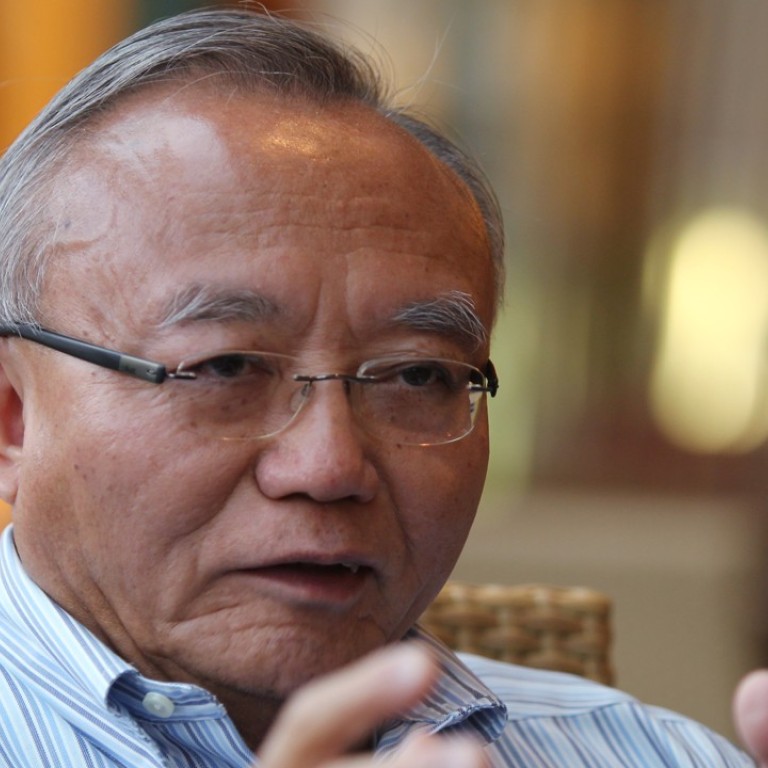
Beijing ‘would not hesitate’ to interpret Basic Law if Hong Kong hurt by Legco filibustering: leading adviser
Think tank official argues power of city’s legislature was meant to be restricted and secondary to executive branch
Professor Lau Siu-kai, vice-chairman of the Chinese Association of Hong Kong and Macau Studies, a semi-official think tank, issued the observation in his newly published book in which he analysed possible changes in Beijing’s policy towards the city.
Lau said the massive submissions of amendments “obviously violated the legal intent of Article 74” of the Basic Law, Hong Kong’s mini-constitution. The article states that while lawmakers may introduce bills that do not relate to public expenditure, political structure or the operation of the government, the chief executive’s written consent is required before tabling them.
Lawmakers and the Legco secretariat have long believed this clause does not apply to all members’ amendments to government bills.
The central government would not hesitate to interpret Articles 74 and 75 in order to achieve the goals of righting wrongs
“But this definitely is not the understanding of the central government and legal experts on the mainland,” Lau said.
He argued the intent of the clause was to restrict the legislature’s power and establish an executive-led administration.
As for quorum calls, Article 75 of the Basic Law only stipulates that a quorum “shall be not less than one half of all its members”; it does not state whether it applies to the whole council session or not.
Lau said some central government officials believed the clause should only apply to the beginning of a meeting and voting periods.
“I’m inclined to believe the central government would not hesitate to interpret Articles 74 and 75 in order to achieve the goals of righting wrongs,” he added.
The senior adviser said Beijing could also interpret Article 77, which provides immunity for remarks made by lawmakers in the chamber.

